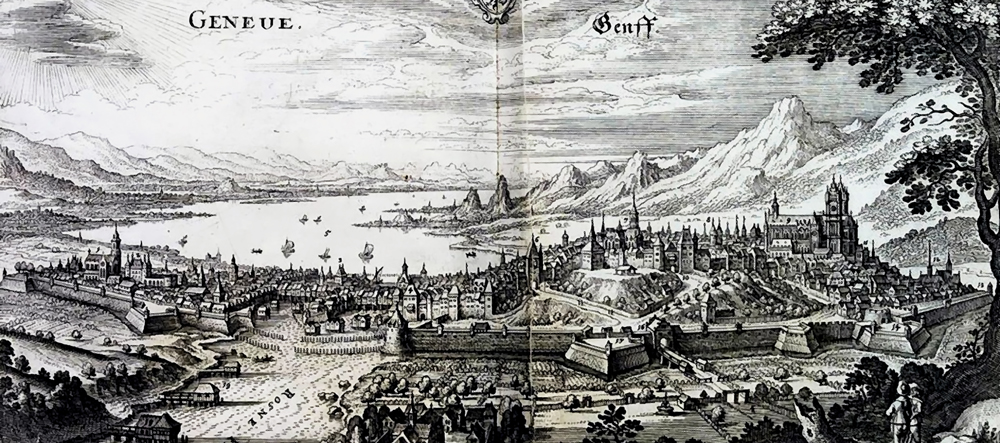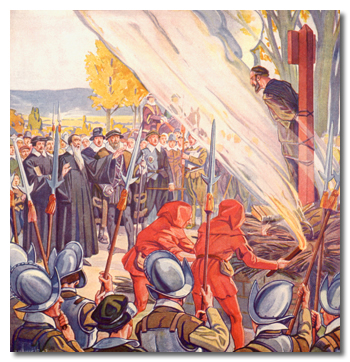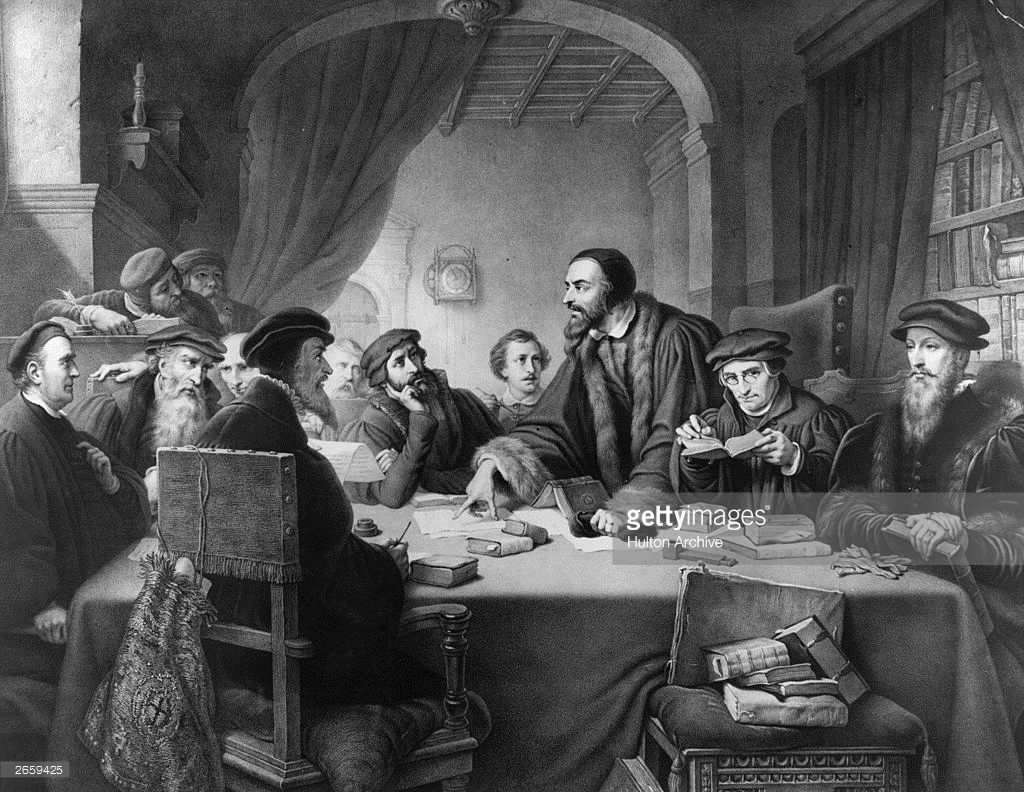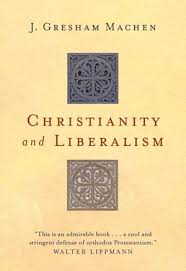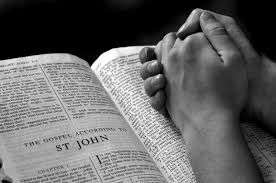
Theological studies can be hazardous as students are exposed to critical ideas that question the integrity of the Bible. Students who choose to study in secular universities are advised to fortify their understanding of faith since their faith will be challenged by some secular university professors. However, it can be alarming when students studying in Christian colleges find out that some of the lecturers who profess evangelicalism and talk about their church experience cast doubts about the total reliability of Scripture. In this case, it is not the secular professors but the ‘Christian’ professors who surreptitiously undermine the students’ belief in the inerrancy and infallible authority of the Bible.
Parents may be heartened when they listen to Kevin DeYoung as he shares in the Panel on Inerrancy: Q & A on how he managed to remain steadfast in believing in the authority of the Bible. What gave him pause and prevented him from being led astray by “paycheck inerrantist” (professors who sign the college doctrinal statement that affirms the infallible authority of Scripture in order to safeguard their jobs, but who in reality believe otherwise) was the faith inherited from his parents and the realization that what was taught in college deviates from the pristine faith learned through biblical-based pulpit preaching and that “this isn’t what my parents would believe.” (28 min)
If I may share something personal – When I went to seminary in 1984, I was determined never lose the “innocent but authentic faith” which I learned from inductive bible study and expository preaching in my Christian youth, regardless of all the sophisticated knowledge which I hoped to learn in due course. Whatever learning and theology I adopt must satisfy the criteria of preach-ability and pray-ability, as only such theology can build the faith of God’s people. Continue reading “Theology Must be “Pray-Able and Preach-Able” to Build Faith”
